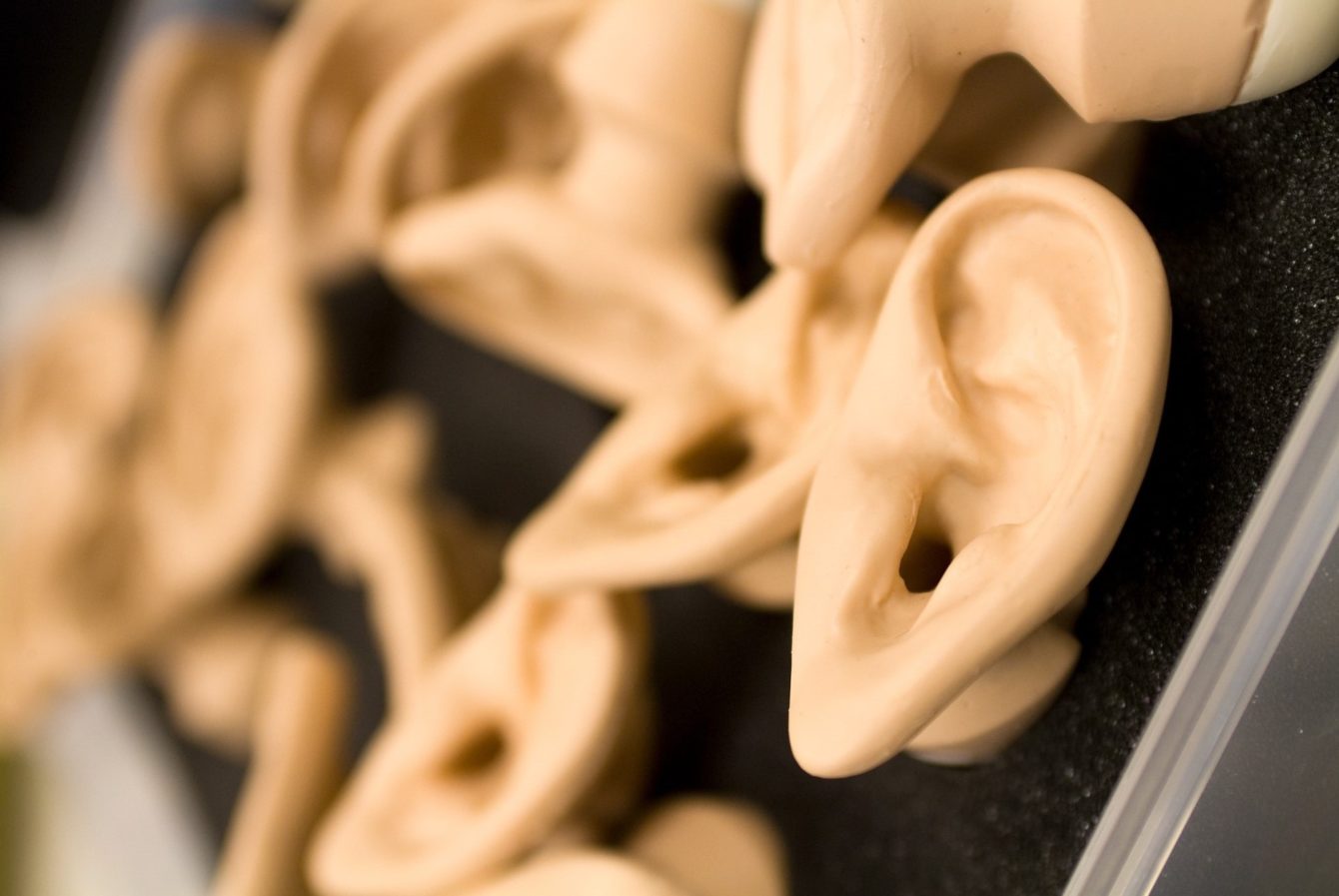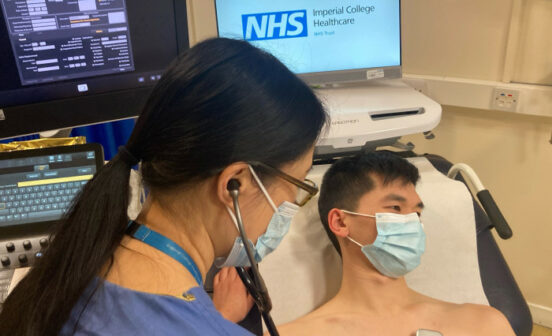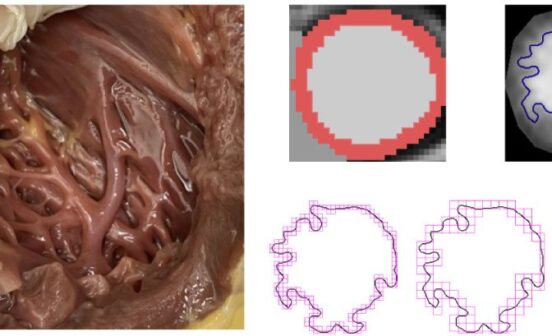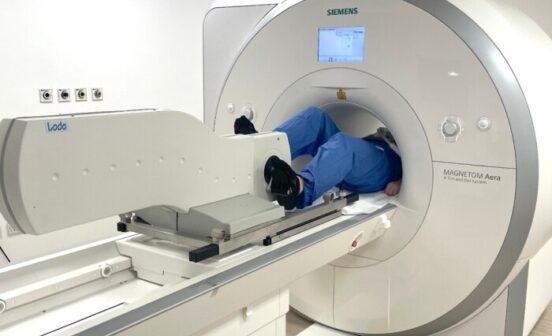DeviceDiagnosticInnovationPrevention ‘Hearable’ – developing ear sensors for monitoring heart, brain and lung functions

There has been a rapid increase in the development of wearable technologies for measuring health outcomes, from both medical and recreational perspectives. Many of these devices are in the form of wrist-bands (to monitor heart rate) or chest-straps (to monitor electrical signals from the heart), each of which hasn limitations. As an alternative, the head – and particularly the ear – has been argued as an effective site for placing wearable sensors, because of its stable position in relation to internal organs.
Professor Danilo Mandic and his team from the Imperial College London Department of Electrical and Electronic Engineering have collaborated with Professor Nicholas Peters (PI in the NIHR Imperial BRC Cardiovascular Theme), to demonstrate that in ear monitoring devices, known as ‘hearables’, have the potential to detect cardiac signals that enable accurate examination of the condition of the heart. In a study published in Royal Society Open Science, the researchers demonstrate results from a new ‘hearable’ device, which is made of foam and moulded to the shape of the ear like a conventional ear plug, which can monitor electrical signals from the heart to complete a clinically valid electrocardiogram (ECG), detect heart rate, and even use the electrical sensors to potentially detect brain activity.
Professor Mandic said: “This is the latest piece of research on what we think could be a versatile new piece of wearable technology. We’ve now completed a number of tests on our sensor that focused on detecting vital signs within the body. Our early results are proving interesting and, although we are still a way off from seeing it used outside of experiments, we have many exciting avenues to explore.”
The hearable device is early in its development, but it has potential for wide-ranging applications in, for example, managing heart conditions, sleep disorders, epilepsy, drug delivery, and even cyber security. The research team are aiming for the device to transmit data to clinicians in real-time to provide immediate results and analysis which could open up new possibilities in patient care.





